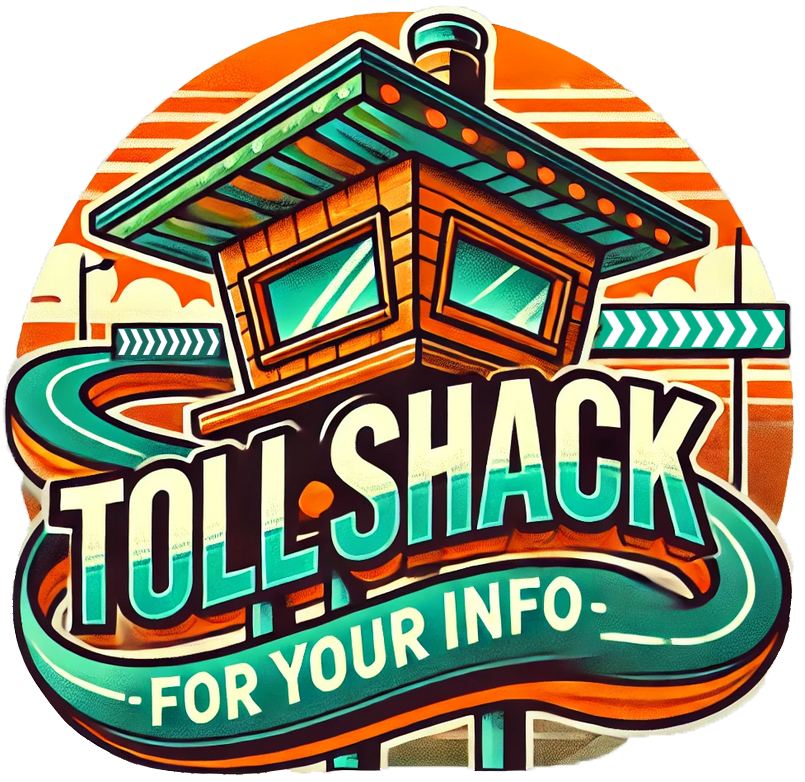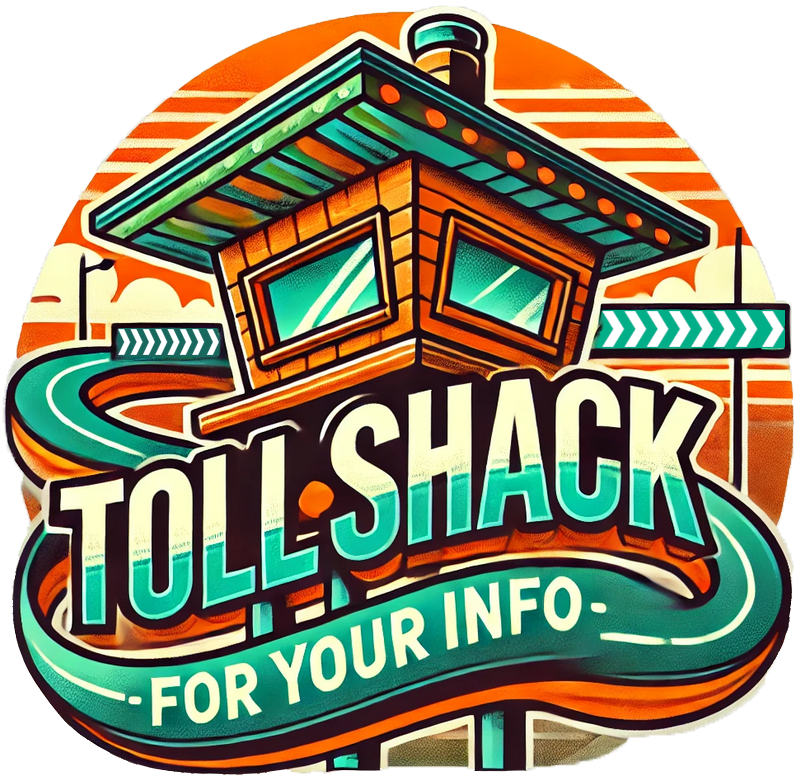The decision to close toll booths on a road typically depends on whether the tolls have served their intended purpose, such as paying off the construction or maintenance costs, and whether continued tolling is justified for ongoing maintenance, operations, or expansions. However, determining which specific toll roads should remove their toll booths requires evaluating factors such as:
- Bond Obligations: Many toll roads are financed with bonds that are repaid using toll revenues. Even if the road construction cost is paid off, bonds often include long-term obligations for maintenance or infrastructure improvements.
- Operational and Maintenance Costs: Even after the construction is paid for, toll revenues may be used to maintain the road, upgrade infrastructure, or fund transit services.
- Revenue for Other Projects: In some cases, tolls fund broader transportation initiatives, such as public transit or new road construction, beyond just the toll road itself.
- Legislative or Policy Decisions: The state or local government overseeing the road must decide if tolls should continue. This often involves political and public input.
Examples of Toll Roads Where Similar Questions Have Arisen
- Massachusetts Turnpike (I-90): Tolls were initially meant to be removed after bonds were paid, but they remained to fund maintenance and other infrastructure projects.
- Oklahoma Turnpike: Some sections of turnpikes in Oklahoma have seen calls for toll removal once debts were repaid, though tolls often persist for maintenance funding.
- Illinois Tollway: Originally intended to become toll-free, it has continued collecting tolls to fund ongoing road improvements and expansions.
- New York State Thruway: While its tolls help fund its maintenance, they also subsidize the Erie Canal system, sparking debate about fairness.
If you’re asking about specific toll roads, let me know the state or region, and I can help identify potential candidates for toll closure debates.
The continuation of toll collection on roads that have ostensibly been “paid off” is a common practice across various regions. This often stems from the need to fund ongoing maintenance, operational costs, and future infrastructure projects. Several examples illustrate this trend:
- Harris County Toll Roads, Texas: The Harris County Toll Road Authority (HCTRA) oversees toll roads like the Hardy Toll Road and segments of Beltway 8. Despite initial promises to remove tolls once construction debts were settled, toll collection persists. For instance, the Hardy Toll Road’s construction cost of $287 million was recouped by 2004, yet tolls continue to be collected to fund maintenance and new projects.
- Kansas Turnpike: Opened in 1956, the Kansas Turnpike was expected to become toll-free after its construction bonds were paid off. However, new bonds have been issued over the years for maintenance and improvements, leading to the continuation of toll collection. As of 2024, tolls are still in place, nearly seven decades after its opening.
- Illinois Tollway: Initially, the Illinois Tollway was intended to become toll-free once its construction debts were paid. However, tolls have remained to support ongoing maintenance and expansion projects. The system has evolved into a permanent tolling structure, with revenues funding various transportation initiatives.
- West Virginia Turnpike: The West Virginia Turnpike continues to collect tolls even after its initial construction costs were covered. The toll revenues are allocated for maintenance, upgrades, and other transportation projects within the state.
These examples underscore a broader pattern where tolls remain in place beyond the repayment of initial construction debts. The revenues generated are often deemed essential for the upkeep of infrastructure and the funding of future transportation projects. While some argue that tolls should be removed once debts are paid, others contend that the continued collection is necessary to ensure the sustainability and improvement of transportation networks.









Customer Reviews
Thanks for submitting your comment!